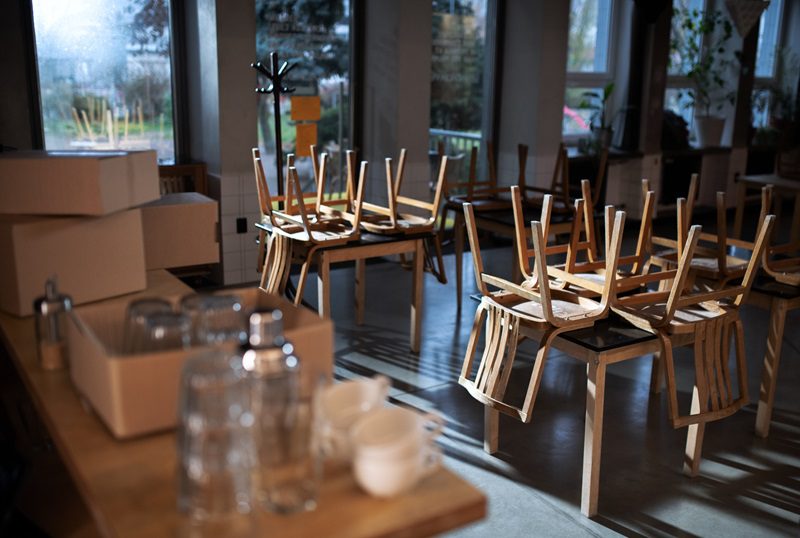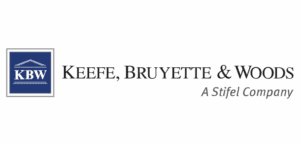Aviva BI policy doesn’t cover pandemic shutdown losses: Top court

Canada’s top court has confirmed that an Aviva Canada business interruption policy doesn’t cover a restaurant for losses due to government shutdown orders during the COVID-19 pandemic.
As is customary, the Supreme Court of Canada does not give reasons for denying leaves to appeal.
The Ontario Appeal Court found Aviva’s commercial insurance policy covered the restaurant only if the pandemic caused “direct physical loss” to the restaurant premises, which the court found it did not.
In making this ruling, it found the pandemic was not a “catastrophe,” as described in the policy wording, and it was not a “peril” covered by the policy.
At issue was Aviva’s policy wording, summarized as follows by Ontario’s Appeal Court:
“Among other things, and subject to various conditions and limitations, Section II[1] [of Aviva’s policy] insures the [restaurant] property described in that section against all risks of direct physical loss or damage….
“Section III provides coverage for loss resulting from interruption or interference with the insured’s business as a consequence of the property of the insured or others being destroyed or damaged by the perils insured under the policy.”
SIR Corp, which made the claim for business interruption coverage from Aviva Canada, operates 60 restaurants in Canada. During the COVID-19 pandemic, a government emergency order prevented SIR from offering in‑person dining at its restaurants.
SIR applied for a declaration that it was entitled to coverage from Aviva for damage to its food and beer stock and for business losses allegedly suffered as a result of the orders.
Also in the news: Rethinking knowledge transfer as experienced underwriters retire
Aviva denied the claim, contending that neither the pandemic, nor the government shutdown order, caused any direct physical loss or damage to the property, which was the peril covered by the insurance policy.
Ontario’s lower court and appellate court both upheld Aviva’s position.
The restaurant appealed the decisions on various bases.
In particular, the restaurant referred to a clause in the policy that read: “This policy insures loss, as covered herein, which is sustained by the insured as a result of damage caused by order of civil or military authority to retard or prevent a conflagration or other catastrophe.”
“One [of] SIR’s key arguments…is the meaning of ‘other catastrophe,’ which it says extends to the COVID-19 pandemic,” the Court of Appeal wrote.
In a unanimous ruling by three judges, the Ontario Court of Appeal confirmed the COVID-19 pandemic was not a “catastrophe” within the meaning of the policy, in part because the word “conflagration” in front of it signified that the policy contemplated a catastrophe that caused direct physical damage to the property.
“Even if I am wrong and COVID-19 is a ‘catastrophe’ within the meaning of Clause 14 [of Aviva’s insurance policy], like the application judge, I conclude that in order for SIR to be entitled to coverage under Clause 14 the [government] orders must be the direct cause of the damage sustained.”
The court said the policy was intended to cover circumstances such as the military having to damage the premises to reduce risk of, for example, a major fire spreading to destroy other properties.
“I agree that an ‘order of civil or military authority to retard or prevent a conflagration or other catastrophe’ could be a ‘peril insured,’ but only if the order constitutes a risk of direct physical loss or damage,” Ontario’s appeal court ruled. “In other words, I disagree that Clause 14 [of Aviva’s policy] adds a peril such that the policy covers a risk of no direct physical loss or damage.”
Feature image courtesy of iStock.com/Halfpoint


